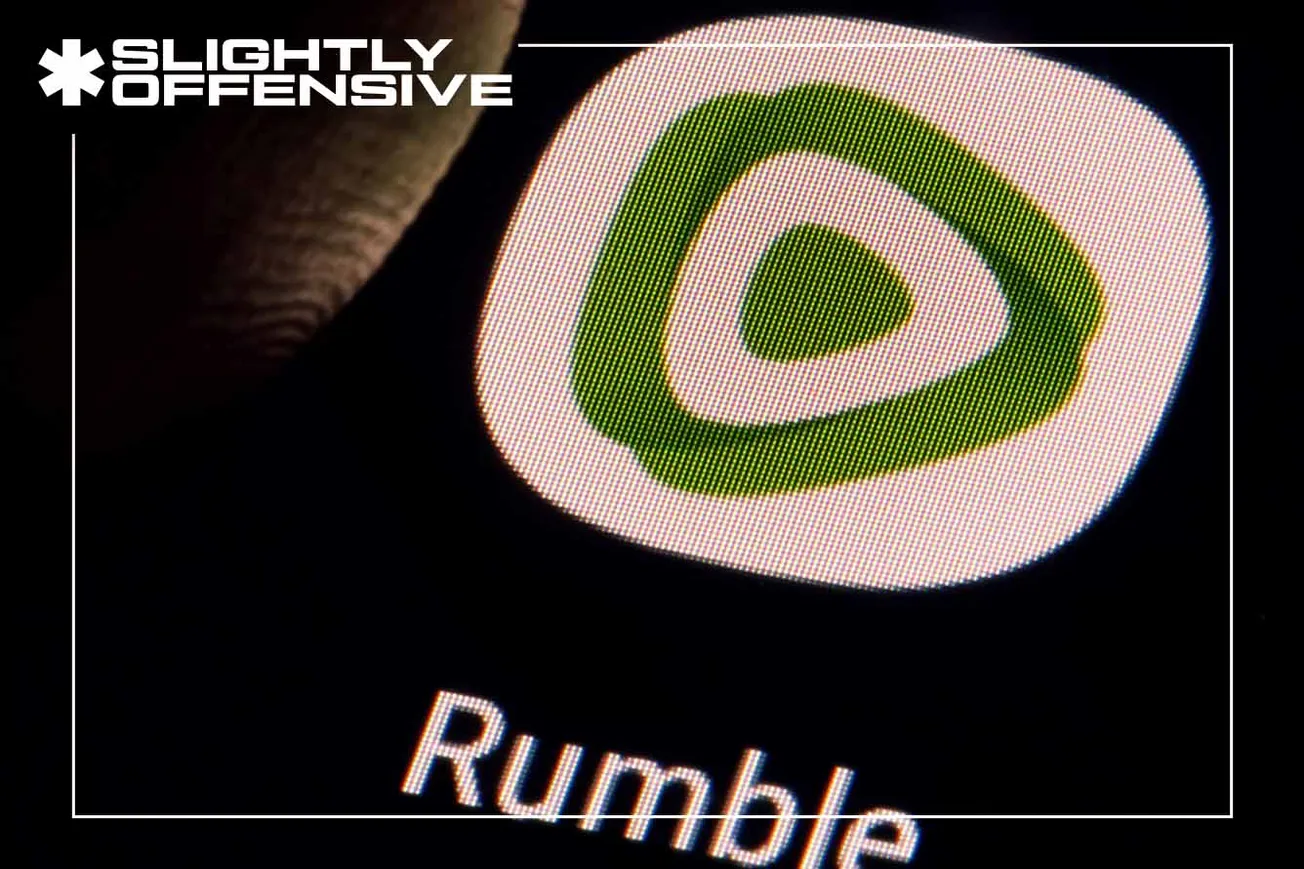Big Tech’s censorship has pushed conservatives to seek new platforms where they can speak freely without restrictions. Ever since mainstream sites started tightening their grip on free speech (Meta only recently walked back on this; Twitter even banned Trump), alternative social media platforms have steadily shot up in popularity as safe zones.
For example, after the 2021 Capitol protest, Rumble’s downloads doubled, and MeWe’s tripled. And in 2022, a Pew Research Center study found alternative social platforms (not just conservative ones) were getting some adoption. So alternative social media platforms are more than just a fad.
So if you’re tired of content moderation that feels more like silencing, here’s a rundown of the most popular alternative social media.
𝕏 (formerly Twitter)
While it's not necessarily an alternative social media platform, 𝕏.com has won a spot on our list. Once a leftist playground, 𝕏 has gone through a sweeping transformation since Elon Musk took over and rebranded it as Twitter. Now, conservatives, libertarians, and free thinkers actually have a fighting chance to get their voices heard. 𝕏 still has its fair share of leftist blue checks, but it's no longer a place where right-wingers automatically get the boot for having an opinion. Musk has reinstated banned figures and allowed open debates. It’s not perfect (there are still some bans and algorithmic quirks), but compared to pre-2022 Twitter, it’s a solid platform for conservatives.
Rumble
If you’re tired of YouTube’s demonetization hammer smashing every right-leaning creator into bankruptcy, you could try the alternative social media platform Rumble. This video forum has become the go-to site for conservative commentators, independent journalists, and anyone who dares to question the mainstream narrative. You can already find all of your favorites on Rumble. You can even find Slightly Offensive content. Trump’s media company even partnered with Rumble to host Truth Social’s video content.
https://rumble.com/embed/v3ytgyj/
Truth Social
An alternative social media platform created by Donald Trump himself, Truth Social, is the digital HQ for his supporters and the MAGA movement. The platform is crowded with Trump’s updates, conservative news, and political discussions without the usual flood of bots and leftist outrage mobs (actually, many Trump posts on X.com are just Truth Social screencaps). The downside is that, since it’s mostly made up of conservatives, there’s not much debate—just a lot of agreement. Still, if you want a place where you can read what Trump wants to say and not worry about interference, Truth Social is the safest bet.
Gab
Gab is an alternative social media built specifically to combat censorship. There’s no algorithm deciding what’s acceptable and no content suppression. This makes it a favorite spot for conservatives, but also a magnet for some extreme views. Because Gab refuses to play by Silicon Valley’s rules, it’s been banned from app stores and payment processors, forcing it to build its own framework. If you want a place where you can say whatever you want, without worrying about being canceled, then you were looking for Gab all along. Just be ready for some unfiltered content.
Bluesky
Bluesky was supposed to be a fresh, decentralized alternative social media to Twitter, built by none other than Twitter co-founder Jack Dorsey. While it started as a place for left-wingers escaping Musk’s Twitter, it’s actually a mixed bag. Because it’s decentralized, users can create their own communities with their own moderation policies, meaning some spaces lean right while others are straight out of Berkeley. It’s not exactly a conservative stronghold, but for those who are in favor of controlling their own digital space, it might be worth checking out. Just be aware that it could still go full woke at any moment.
Parler
Parler was once the go-to alternative social media after Trump’s Twitter ban in 2021, and it quickly won millions of conservative users. It branded itself as the ultimate free speech platform, but Big Tech had other plans. After the January 6th protest, AWS pulled the plug on Parler’s hosting, and it was removed from major app stores. While it eventually came back online, it never fully recovered. In 2023, the platform was sold and shut down, with plans to rebrand. Right now, Parler is back up and running. We’ll see if it bounces back to its peak.
MeWe
MeWe brands itself as a pro-privacy alternative social media, and brings about a Facebook-like experience without ads, algorithms, or data tracking. While it’s not specifically right-wing, it gained popularity among conservatives after Facebook cracked down on political content. MeWe is decentralized and doesn’t push content restrictions. Even so, it lacks the massive user base of Facebook, so engagement can feel lower. MeWe is a privacy-focused Facebook alternative, just like DuckDuckGo or Brave are privacy-focused alternatives to Google.








